Optimal Timing for Solarium Installation
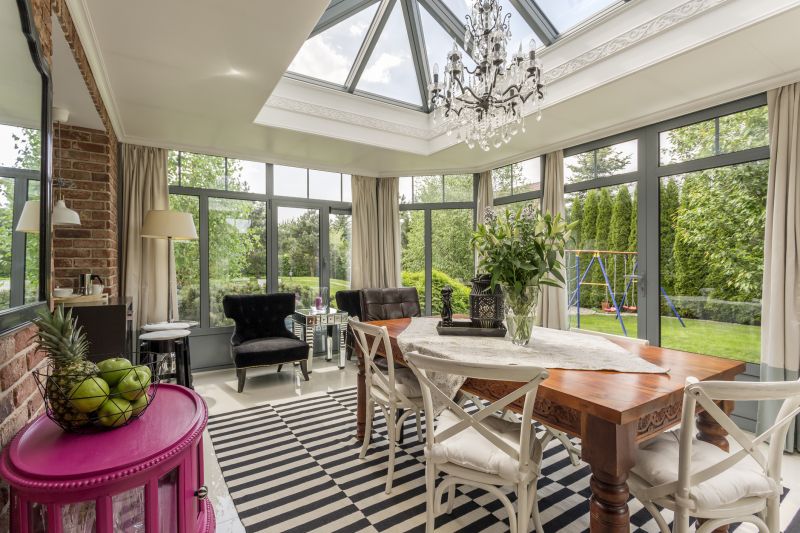
Spring offers optimal sunlight, making it ideal for installing or repairing solariums to maximize natural light.
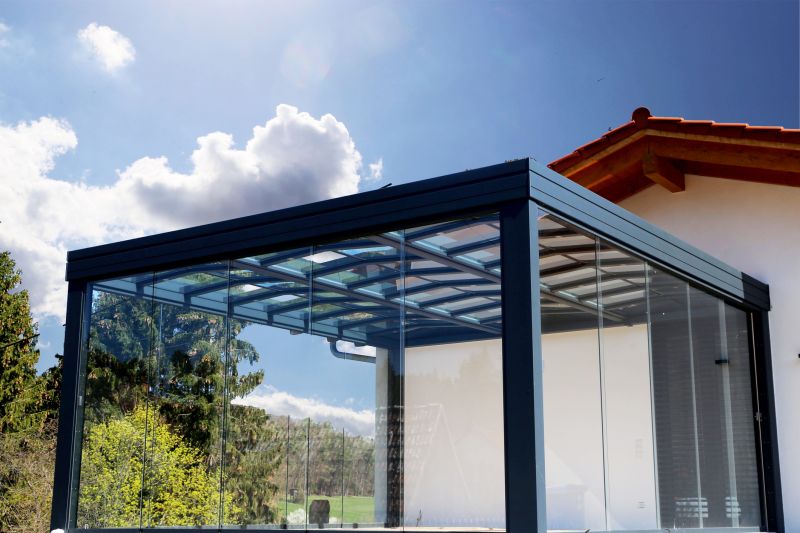
Warm and dry summer months facilitate easier installation and repairs without weather-related delays.
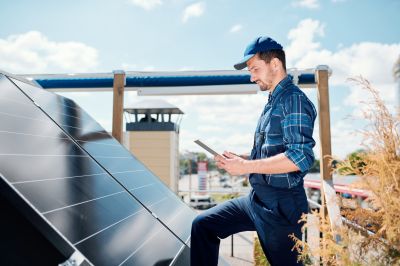
Early fall provides cooler temperatures and less rain, suitable for completing installation projects before winter.
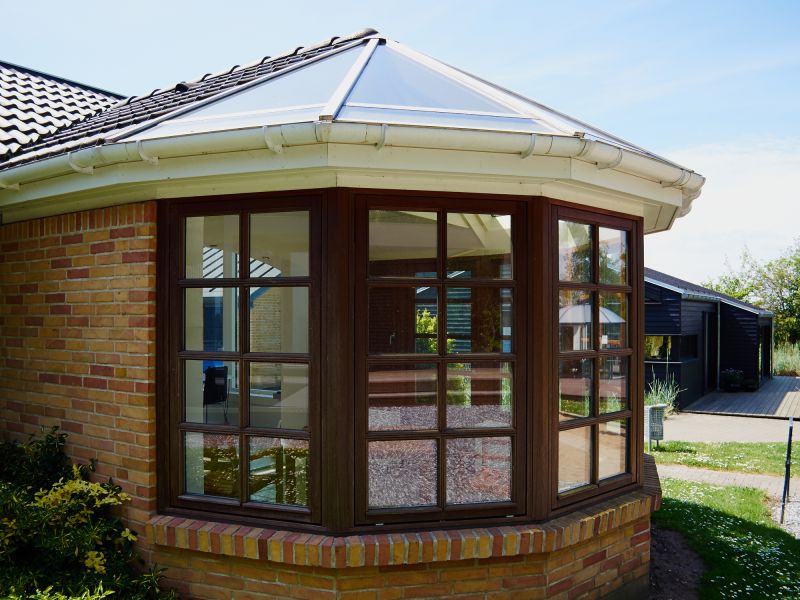
Ways to make Solarium Installation And Repairs work in tight or awkward layouts.
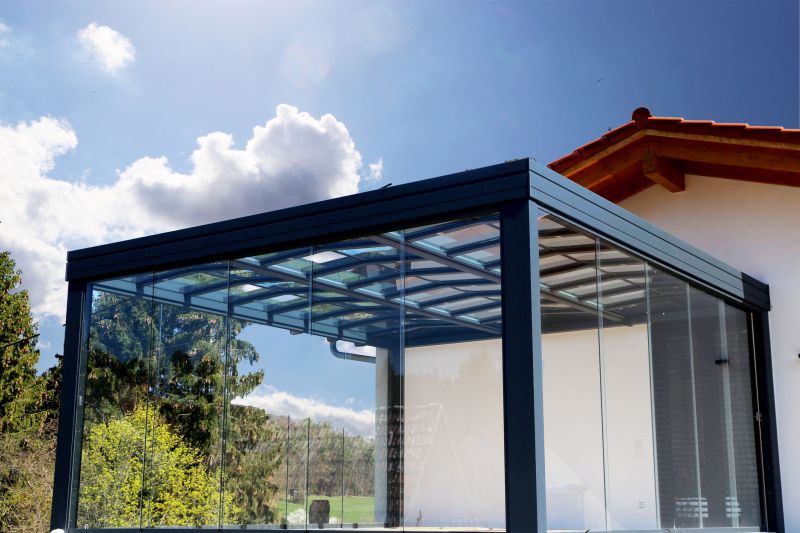
Popular materials for Solarium Installation And Repairs and why they hold up over time.
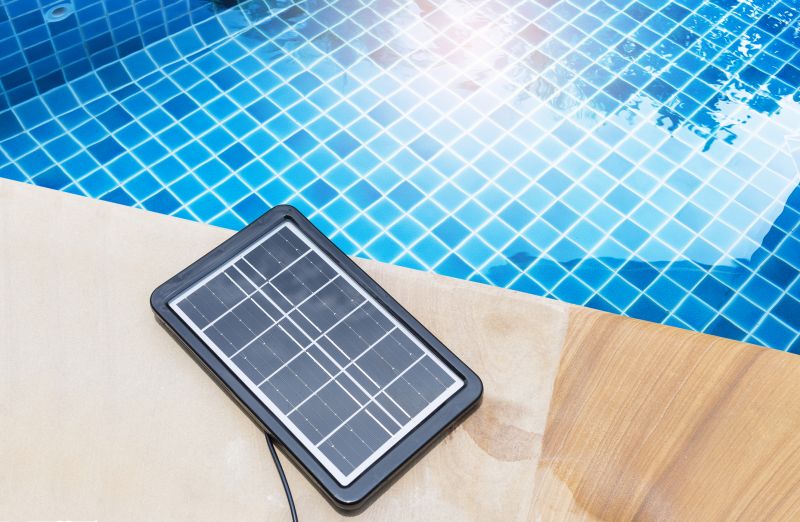
Simple add-ons that improve Solarium Installation And Repairs without blowing the budget.
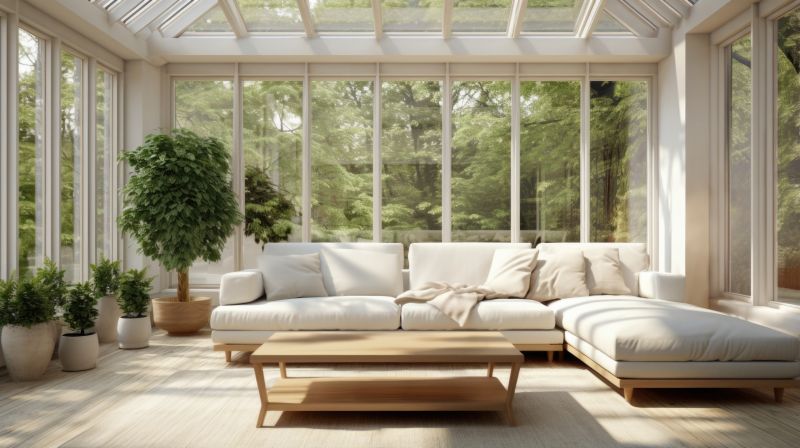
High-end options that actually feel worth it for Solarium Installation And Repairs.
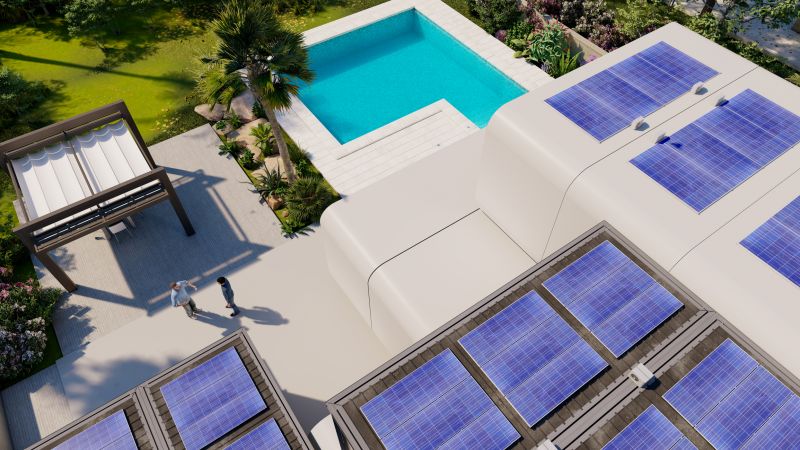
Finishes and colors that play nicely with Solarium Installation And Repairs.
Solarium installation and repairs are most effectively scheduled during periods of mild weather. Optimal conditions include moderate temperatures, low humidity, and minimal precipitation, which help ensure quality workmanship and material longevity. Proper timing reduces the risk of weather-related delays and complications, leading to a smoother process.
Statistics indicate that over 60% of solarium projects are completed during spring and early summer, aligning with favorable weather conditions. Planning during these periods can also help avoid peak seasonal demand, potentially reducing costs and scheduling conflicts. Timely repairs can extend the lifespan of existing solariums and improve energy efficiency.
Choosing the right season can influence project success and durability of the installation or repairs.
Inclement weather can cause delays and affect the quality of work performed during installation or repairs.
Materials used in solarium construction perform best under certain temperature and humidity ranges.
Early planning allows for better scheduling and resource allocation during optimal weather conditions.
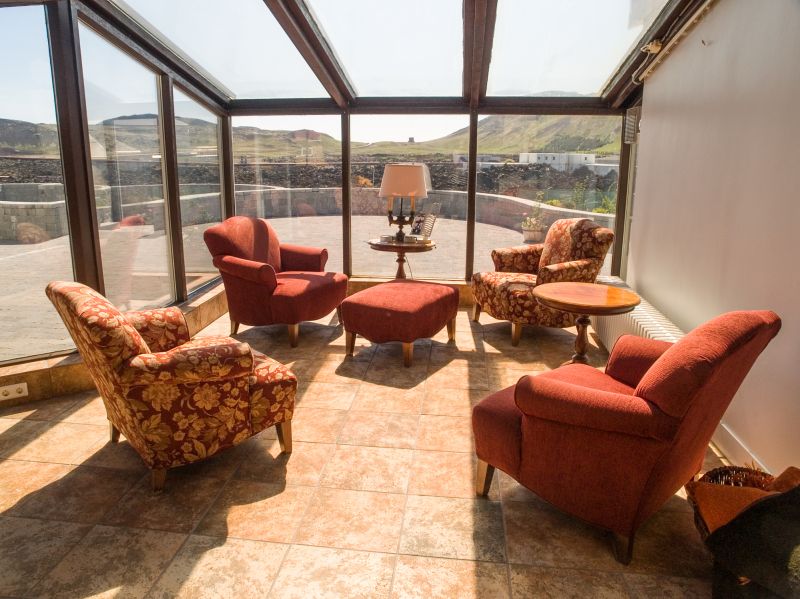
Spring provides ideal conditions for installing new solariums or repairing existing ones.
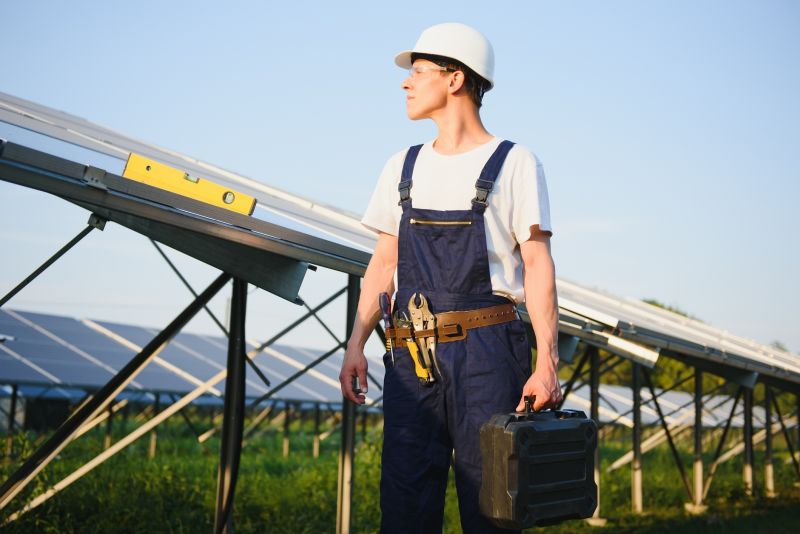
Summer's warm, dry weather allows for efficient repair work without weather disruptions.
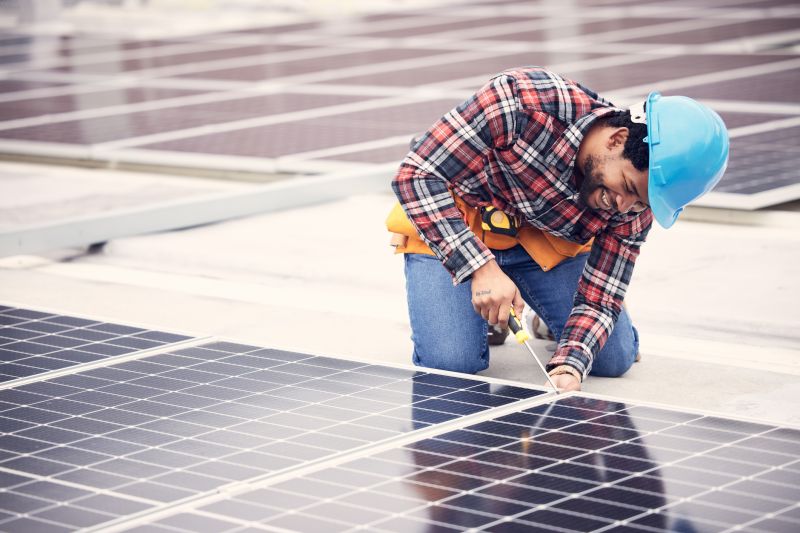
Early fall is suitable for completing repairs before winter sets in.
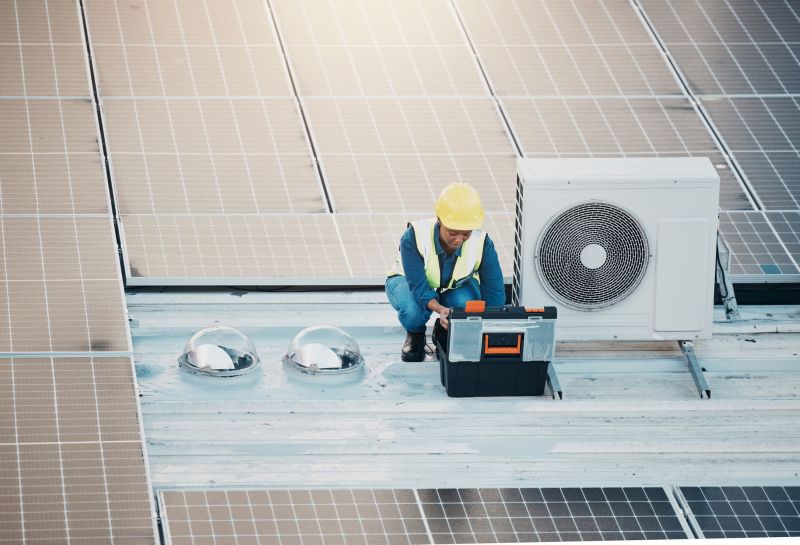
Monitoring weather patterns helps determine the best window for installation or repairs.
| Season | Advantages |
|---|---|
| Spring | Optimal sunlight, moderate temperatures, longer daylight hours |
| Summer | Warm, dry weather, quick installation, repairs |
| Autumn | Cooler temperatures, less rain, preparation for winter |
| Winter | Limited, but possible with indoor or controlled environment work |
| Late Fall | Scheduling repairs before winter, less crowd |
Choosing the right time for solarium installation and repairs depends on weather conditions, project scope, and scheduling flexibility. Proper timing ensures high-quality workmanship and durability, while also minimizing potential delays caused by adverse weather. Planning ahead and considering seasonal weather patterns can lead to more successful project outcomes.
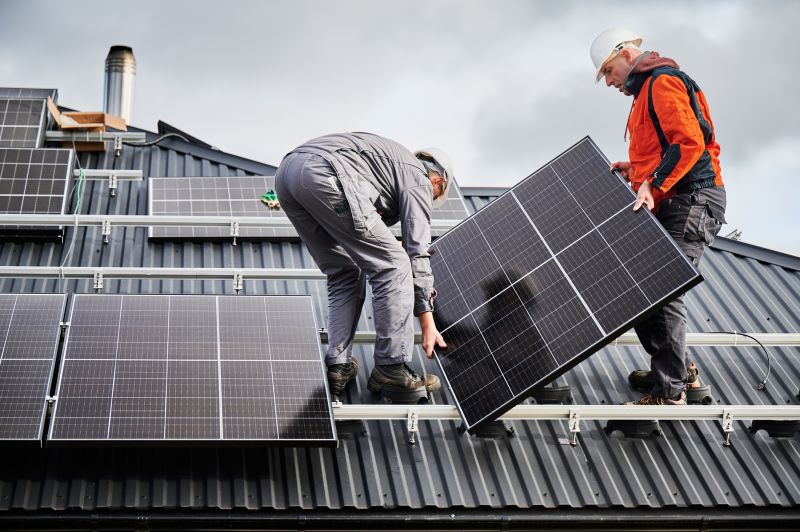
Professional installation during favorable weather ensures optimal results.
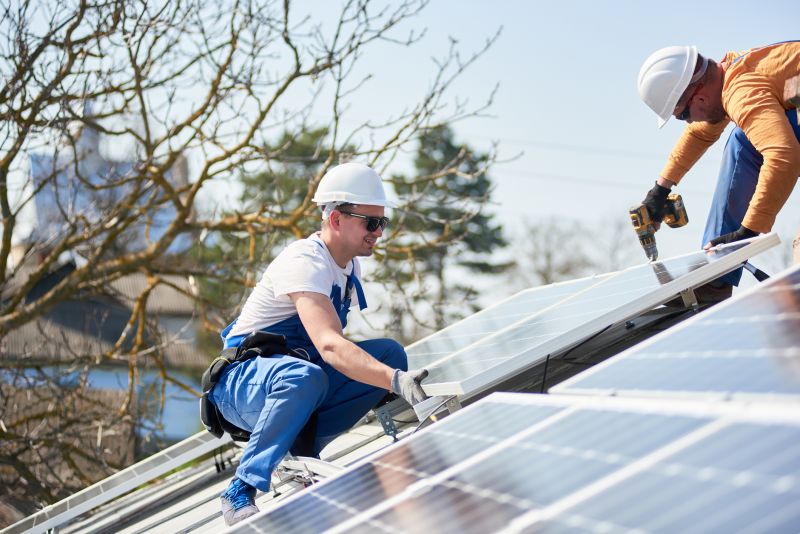
Timely repairs during suitable seasons extend the lifespan of solariums.
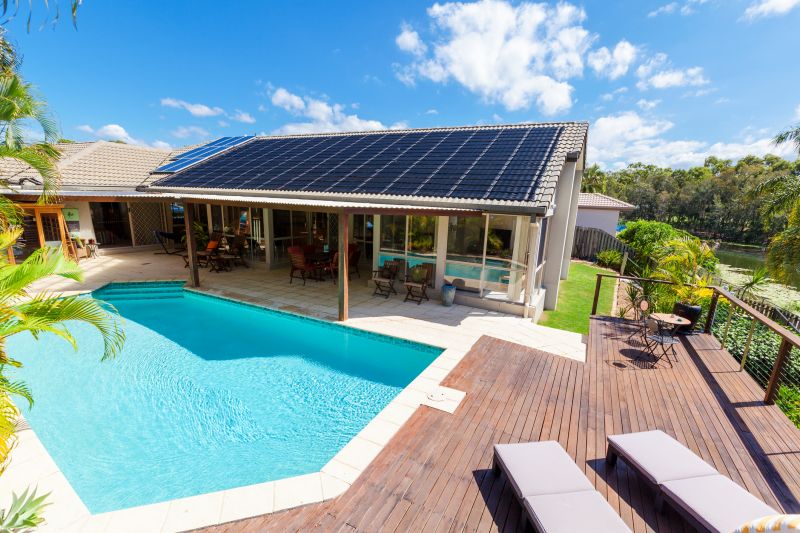
Properly timed installation results in a durable, functional solarium.
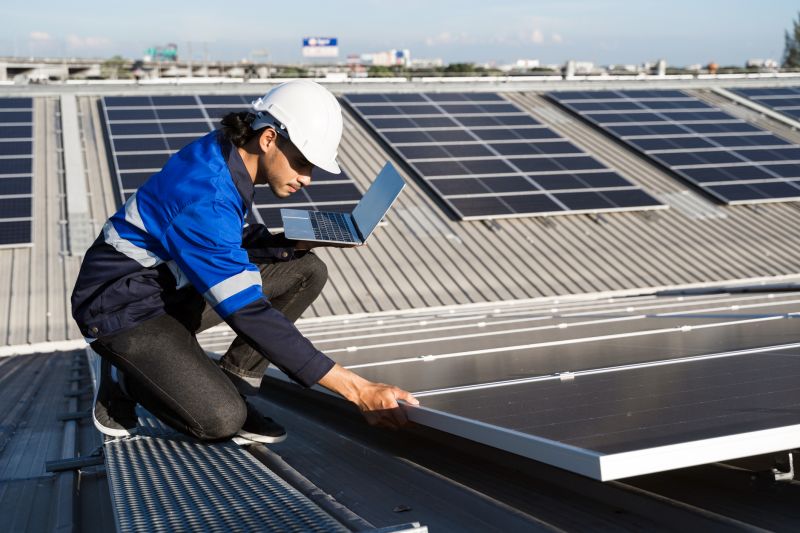
Regular inspections and repairs during optimal seasons maintain performance.
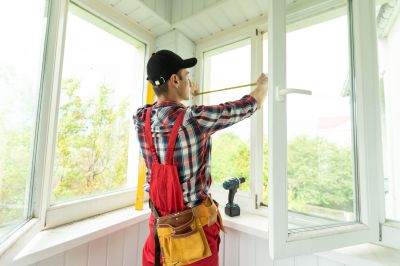
Little measurements that prevent headaches on Solarium Installation And Repairs day.
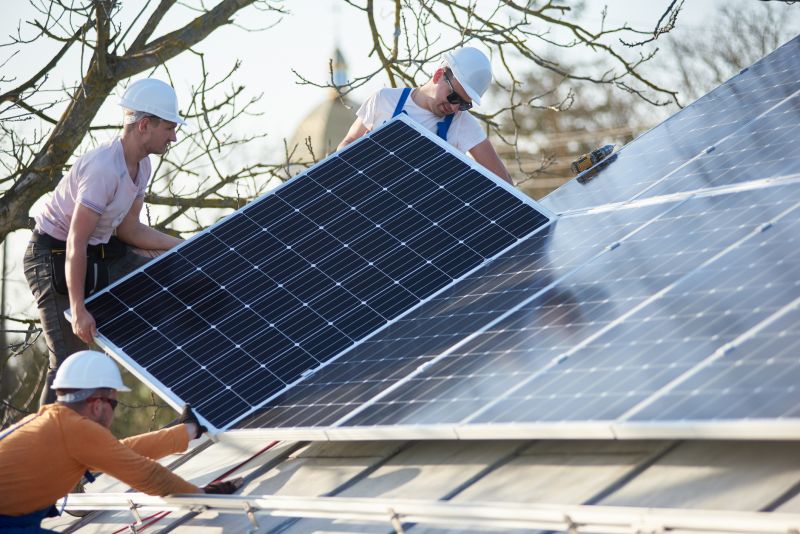
A 60-second routine that keeps Solarium Installation And Repairs looking new.
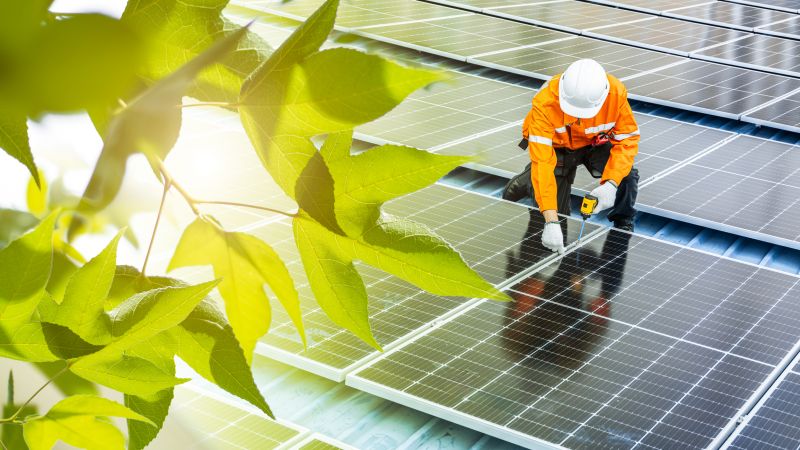
A frequent mistake in Solarium Installation And Repairs and how to dodge it.
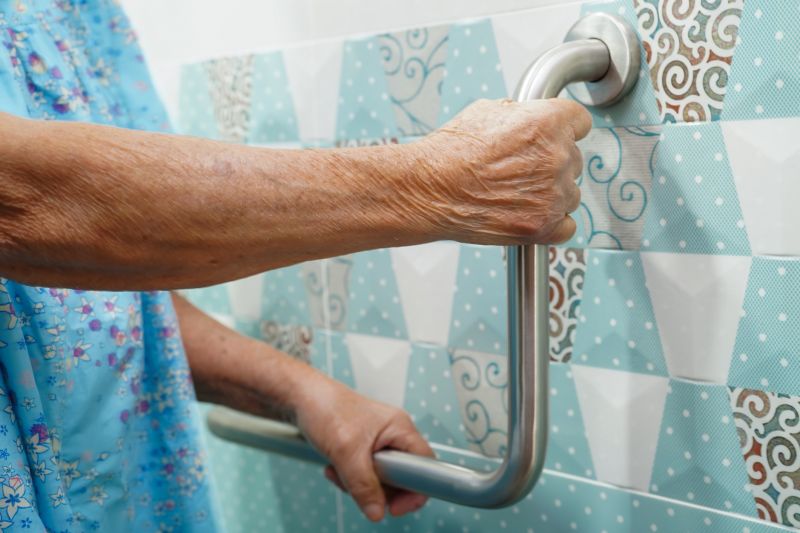
Small tweaks to make Solarium Installation And Repairs safer and easier to use.
Interested in scheduling solarium installation or repairs? Filling out the contact form can help determine the best timing based on local weather patterns and project requirements. Proper planning ensures the highest quality results and longevity of the structure.
